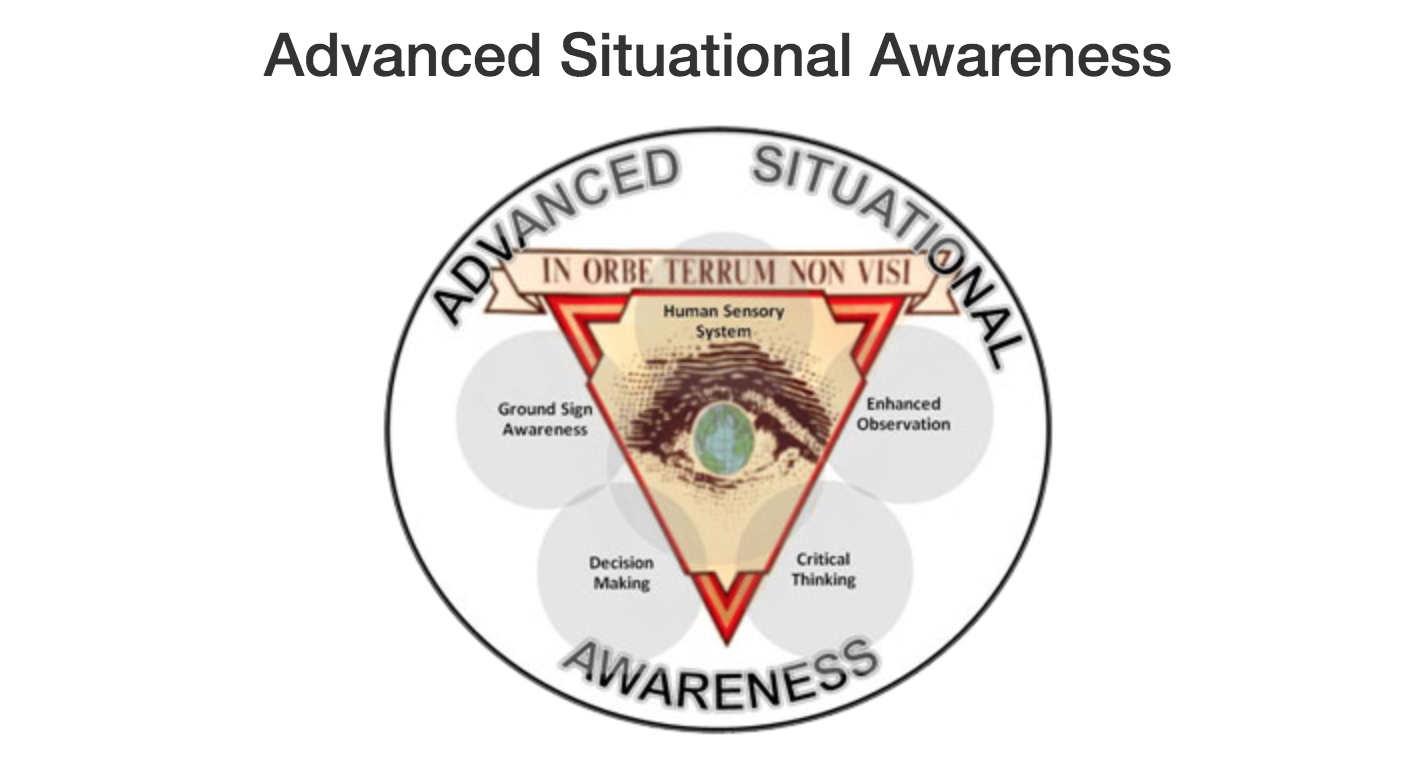Army Program Seeks to Heighten Soldiers’ Cognition
A properly trained soldier can distinguish a vegetarian from a meat-eater based on their smell, a new Army publication says, since “different diets produce different human odors.”
He or she can to determine the age, gender and even the mental state of a target by studying their footprints.
Not simply a warrior, the ideal soldier is also an intelligence analyst, a cultural anthropologist, and a student of human nature with the ability to confront and overcome adversity — Sherlock Holmes and Leatherstocking and a bit of Tarzan, all in one.
That, at any rate, seems to be the goal of the US Army’s Advanced Situational Awareness program, which trains soldiers to discern even subtle anomalies in the combat environment, to swiftly assess their implications, and to act decisively in response.

Advanced Situational Awareness “optimizes human performance through building the skills necessary to develop agile, resilient, adaptive, and innovative Soldiers who thrive in conditions of uncertainty and chaos.”
The program was described in Advanced Situational Awareness, US Army Training Circular TC 3-22.69, 316 pages, April 2021.
January brought a jolt of game-changing national political events and government funding brinksmanship. If Washington, D.C.’s new year resolution was for less drama in 2026, it’s failed already.
We’re launching a national series of digital service retrospectives to capture hard-won lessons, surface what worked, be clear-eyed about what didn’t, and bring digital service experts together to imagine next-generation models for digital government.
How DOE can emerge from political upheaval achieve the real-world change needed to address the interlocking crises of energy affordability, U.S. competitiveness, and climate change.
As Congress begins the FY27 appropriations process this month, congress members should turn their eyes towards rebuilding DOE’s programs and strengthening U.S. energy innovation and reindustrialization.